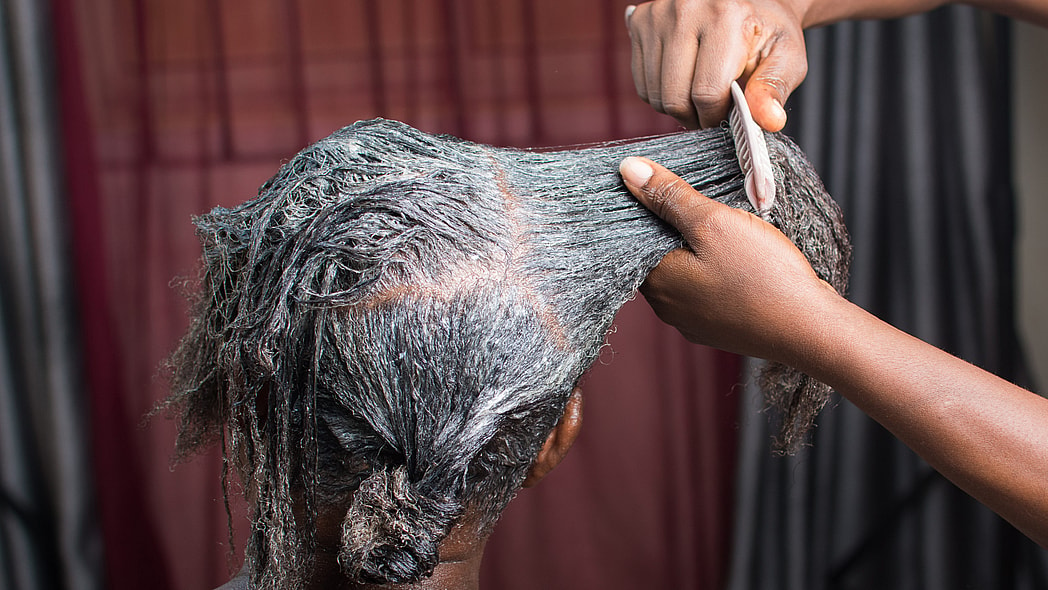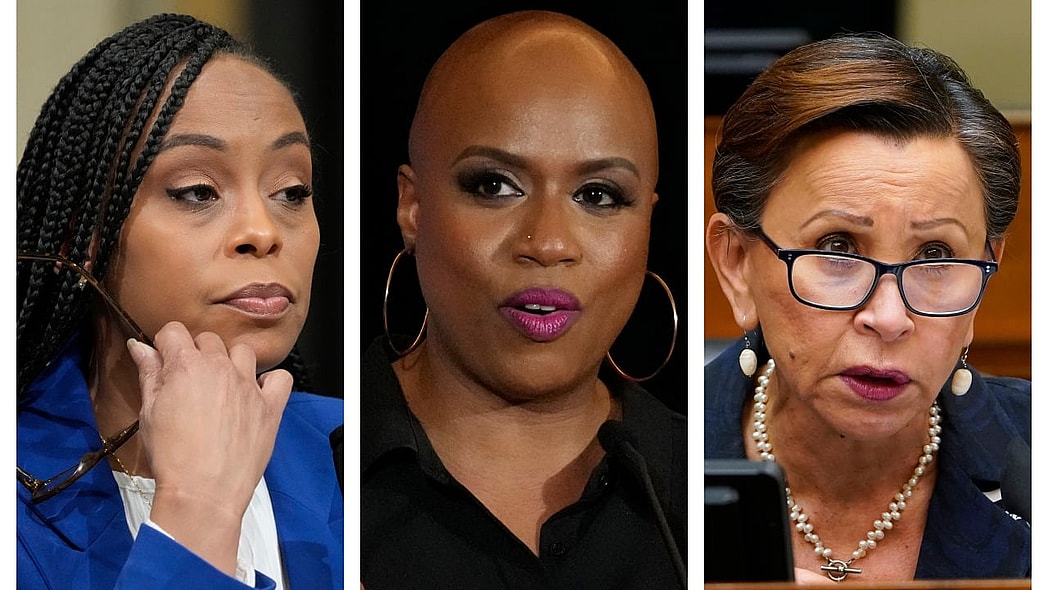Civil rights leaders and national Black organizations are calling on the Biden-Harris administration to end what they say is a delay in ruling to ban menthol cigarettes that pose a serious health threat to Black lives.
“Researchers have estimated that prohibiting [menthol] cigarettes can save up to 654,000 lives within the next 40 years,” said Shavon Arline-Bradley, president and CEO of the National Council of Negro Women, during a press call last week with civil rights leaders.
She added, “And of those 654,000, 255,000 of those are Black Americans.”
The proposed rule, issued by the Food and Drug Administration in April 2022, would prohibit menthol as a characterizing flavor in cigarettes and ban all characterizing flavors, other than tobacco, in cigars.
The FDA cited the menthol products’ harmful effects, including disease, youth addiction, and death, and noted that menthol makes tobacco more appealing to some. The federal agency argued that prohibiting menthol tobacco products would reduce those harms and increase the number of smokers who quit.
The decision was praised by advocates who called for such a ban for a decade, citing CDC data that Black American smokers, regardless of age, are more likely to smoke menthol cigarettes and are exposed to subsequent health disparities. Data also shows that Black smokers are less likely to quit.
Advocates shamed the tobacco industry’s manufacturing of menthol cigarettes and accused them of “targeting” Black Americans despite data showing they are more likely to be addicted and fall prey to the deadly consequences.
After the proposed FDA rule to prohibit menthol and flavored cigarettes was submitted to the federal registrar and allowed for public comment, the agency sent the final ruling to the White House Office of Management and Budget for a final review before it could be released.
However, advocates say the time to act is now.

The Rev. William Barber, co-chair of the Poor People’s Campaign and president of Repairers of the Breach, described the proposed ban on menthol cigarettes as a moral issue that the government, companies, and community leaders can’t ignore.
“We have seen delay on voting rights, delay on living wages, and now a delay of a moral rule to regulate menthol,” said Barber, who said for him, the fight against the tobacco industry is personal.
“I watched friend after friend get hooked and addicted to cigarettes and die from cancer,” he shared, “only as big tobacco work harder and harder, more and more, to get folks addicted for profit.”
Barber said the impact on Black communities is also intersectional in that poor people and children are especially targeted.
“Poverty is the fourth leading cause of death, and menthol cigarettes are targeted and marketed towards Black and brown [people], especially the poor,” he said.
Recommended Stories
However, given the popularity of menthol cigarettes among Black smokers, 85% of whom prefer menthol, there is reported concern that Black voters would view the decision negatively and that it would impact President Joe Biden and Vice President Kamala Harris’ reelection efforts in 2024.
During floor remarks urging the FDA and White House to implement the federal ban, Sen. Dick Durbin, D-Ill., dismissed those concerns as “greatly exaggerated.” He noted that a majority of the Congressional Black Caucus is in support of the prohibition.
When asked about the supposed threat the rule could pose to the Biden-Harris campaign during last week’s press call, Melanie L. Campbell, president and CEO of the National Coalition for Black Civic Participation, told theGrio that the White House needs to “do the right thing.”
Campbell said the administration must not “let the lobbyists control” the narrative.
“Stop the foolishness of claiming that if you pass a menthol ban, that somehow that’s going to undermine the power, the potential of the Black vote,” said Barber. He added, “It’s a form of Russian roulette with people’s lives.”

Barber also dismissed suggestions that a menthol cigarette ban would increase negative interactions between police and Black Americans.
“These policies regulate retailers and others in the industry. It is cynical to try to pit discriminatory policing and excessive police force against…putting a ban on menthol,” he said.
Barber continued, “The truth of the matter is for more than 60 years, the tobacco industry has deliberately targeted the Black community. If you are concerned about Black lives, tobacco money can’t mean more than our people’s lives.”
The White House declined a request by theGrio to comment on the proposed rule to ban menthol cigarettes, noting it does not do so during the federal rulemaking process as a matter of policy.
An administration official did confirm advocates’ assertions that White House officials met with tobacco industry lobbyists recently.
However, the White House official explained that the White House Office of Information and Regulatory Affairs, a division within the Office of Management and Budget, schedules meetings with “all requesters while the rule is under review.” The official described it as a “standard practice for all rules.”
Carol McGruder, founder and co-chair of the African American Tobacco Control Leadership Council, said a ban on menthol cigarettes is something that Black communities, when educated by organizations such as hers, understand needs to happen to save the lives of those they care about most.
“The average person wants help for their loved ones who are addicted to these products,” she said. “It’s about the continuation to undo this harm that has been done,” which she admitted, “will take a long time.”

Gerren Keith Gaynor is a White House Correspondent and the Managing Editor of Politics at theGrio. He is based in Washington, D.C.
Never miss a beat: Get our daily stories straight to your inbox with theGrio’s newsletter.









